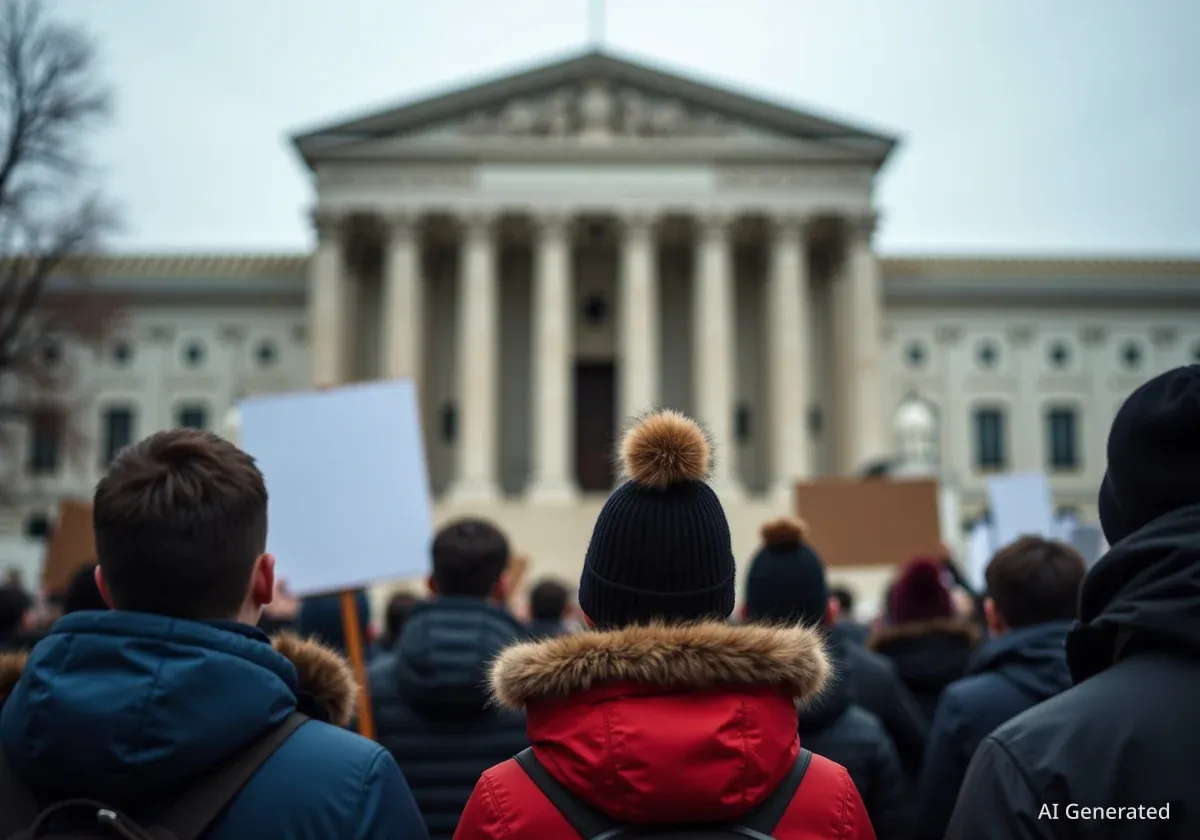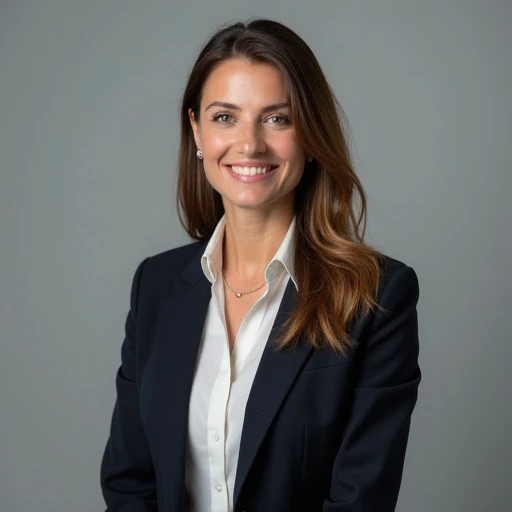Two influential New York state senators are calling for an official investigation into a large-scale rally organized by charter schools. The lawmakers allege the event, which involved thousands of students and families marching across the Brooklyn Bridge, constituted an inappropriate political demonstration and a misuse of public funds.
Key Takeaways
- State Senators John Liu and Shelley Mayer have requested an investigation into a recent charter school rally in New York City.
- The lawmakers allege the event was a political rally that improperly used instructional time and state funding.
- Organizers, including major charter networks, defend the march as a day of civic engagement and a valuable learning experience for students.
- Some parents reported feeling pressured to attend, with concerns that their children would be marked absent if they did not participate.
Formal Request for Investigation
On Friday, State Senators John Liu and Shelley Mayer sent a formal letter to top education officials demanding a thorough review of the charter school event. Liu and Mayer, who chair the Senate's committees on NYC education and general education, respectively, have historically been critical of charter school expansion.
Their letter was addressed to Education Department Commissioner Betty Rosa and State University of New York (SUNY) Chancellor John King. SUNY is the primary authorizer for the majority of charter schools operating in New York City.
"Canceling classes during a school day and forcing families and students to engage in a political rally is an egregious misuse of instructional time and state funds," the senators wrote in their joint letter.
The lawmakers are asking regulators to determine if any state laws were broken. If violations are found, they have urged the state to reclaim a portion of the public funding allocated to the participating schools.
Background on Charter School Funding
Charter schools in New York are publicly funded but privately managed. They receive per-pupil funding from the state, similar to traditional public schools. Regulations govern how these public dollars can be spent, with strict rules against using them for political activities or lobbying.
Controversy Over a School Day Event
The controversy centers on the decision by some charter schools to cancel regular classes for the march, which took place on a Thursday. Success Academy, the city's largest charter network and a key organizer, was among those that suspended normal instruction for the day.
Organizers framed the event not as a political rally but as an exercise in civic education. However, the lawmakers' letter argues differently. "Our state provides public dollars to charter schools to educate students, not for political activism or for influencing elections," it stated.
Reports of Pressure on Families
Adding to the concerns are allegations that some families felt compelled to participate. One parent from a Zeta charter school stated that her child's teacher indicated students would be marked absent if they did not attend the rally with a guardian. This forced the parent to miss a day of work.
A spokesperson for Zeta charter schools denied this claim, stating that there were no negative consequences for students who did not attend the event. Zeta was founded by Emily Kim, who previously served as the top lawyer for Success Academy.
NYC Charter School Landscape
Approximately 150,000 students are enrolled in charter schools across New York City. This represents about 15% of the total public school student population in the five boroughs.
Organizers Defend the March
Charter school leaders have strongly pushed back against the call for an investigation, describing it as a politically motivated attack on their autonomy and their students' right to expression.
James Merriman, CEO of the New York City Charter School Center, dismissed the lawmakers' request. "Don’t we have enough elected officials in this country demanding investigations of people that disagree with them on issues?" he questioned in a statement.
Merriman also highlighted that many charter schools provide more instructional time over the school year than their district counterparts.
A Lesson in Civic Engagement
Leaders from several participating schools released a joint statement defending their decision to treat the march as an educational activity. The statement was issued by Rafiq Kalam Id-Din of Ember Charter School, Rev. Alfred Cockfield of Lamad Academy Charter School, and Bishop Raymond Rivera of Family Life Academy Charter School.
"It is stunning that Senators Liu and Mayer would spend their energy attacking a day of civic engagement rather than demanding answers for the far greater injustice: in too many public schools across New York, fewer than 25% of students can read or do math at grade level," the statement read.
They argued that the focus should be on academic failures within the traditional public school system, not on a day dedicated to student advocacy.
Varied Participation Across Networks
Not all charter schools mandated attendance. Several prominent networks allowed families and students to decide for themselves whether to participate in the march.
These included:
- MESA Charter High Schools: Executive Director Arthur Samuels said participation was voluntary. He estimated that about 10% of his students chose to attend.
- Achievement First: One of the city's largest networks, it did not require student attendance.
- Uncommon Schools: This network also made participation optional for its students and staff.
When asked why the event was not held on a weekend to avoid conflicts with school and work, Achievement First CEO Lisa Margosian acknowledged it was a "very good question" and suggested it might be considered for future events.
State Education Department officials have confirmed they are aware of the concerns and have discussed the matter with SUNY leadership. A spokesperson said SUNY, as the authorizer for Success Academy, is responsible for investigating whether the rally complied with state laws and the schools' individual charters.





